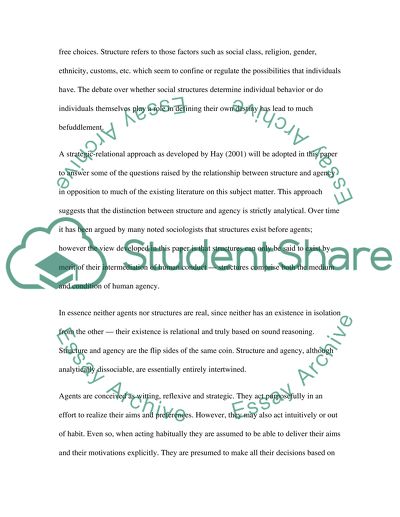Cite this document
(The Concept of Globalization: Governance and Organization Essay, n.d.)
The Concept of Globalization: Governance and Organization Essay. Retrieved from https://studentshare.org/politics/1528981-the-use-of-structure-and-agency-and-its-effect-on-globalization
The Concept of Globalization: Governance and Organization Essay. Retrieved from https://studentshare.org/politics/1528981-the-use-of-structure-and-agency-and-its-effect-on-globalization
(The Concept of Globalization: Governance and Organization Essay)
The Concept of Globalization: Governance and Organization Essay. https://studentshare.org/politics/1528981-the-use-of-structure-and-agency-and-its-effect-on-globalization.
The Concept of Globalization: Governance and Organization Essay. https://studentshare.org/politics/1528981-the-use-of-structure-and-agency-and-its-effect-on-globalization.
“The Concept of Globalization: Governance and Organization Essay”, n.d. https://studentshare.org/politics/1528981-the-use-of-structure-and-agency-and-its-effect-on-globalization.


